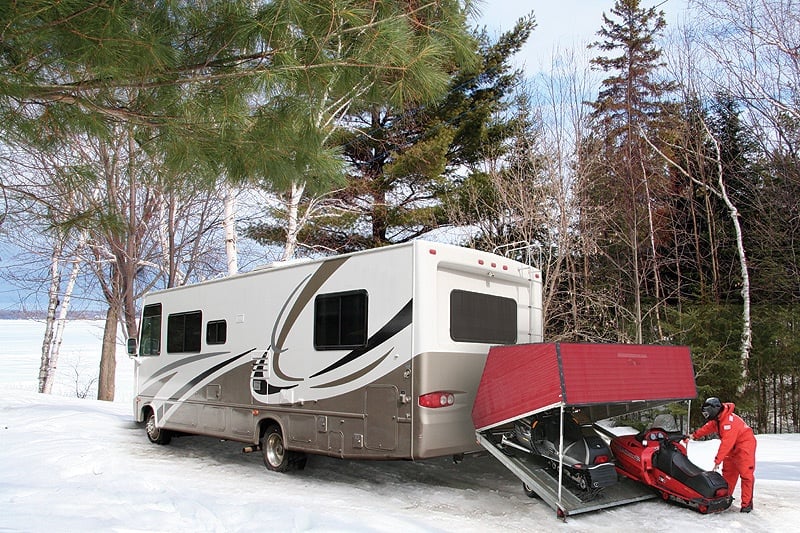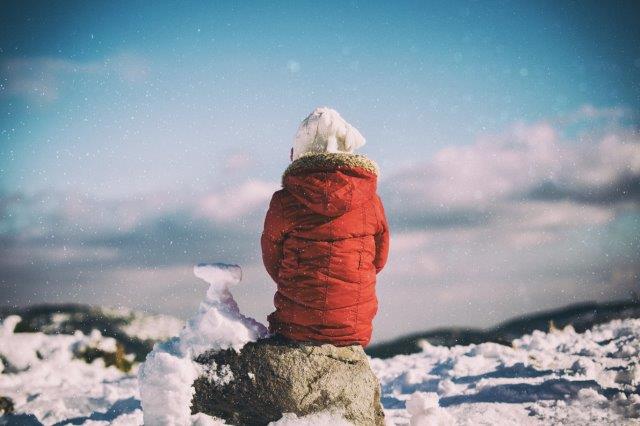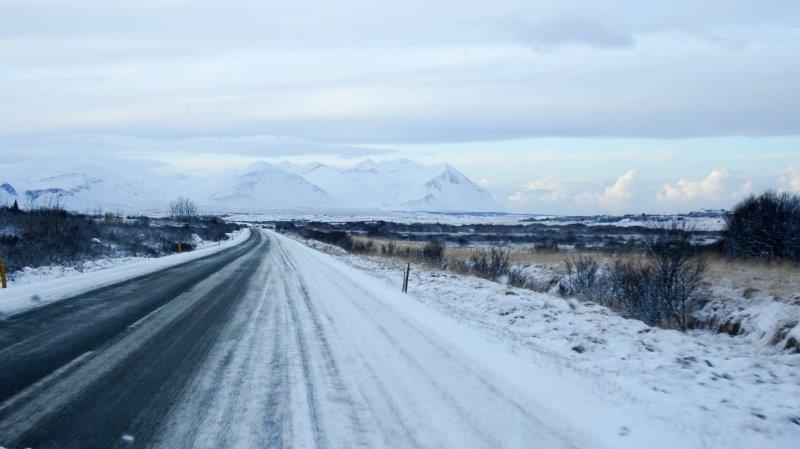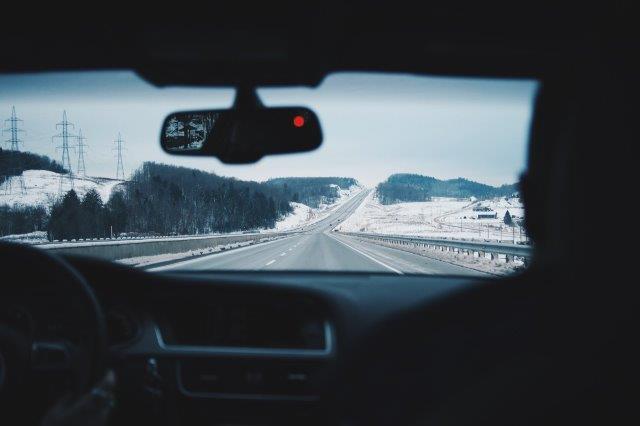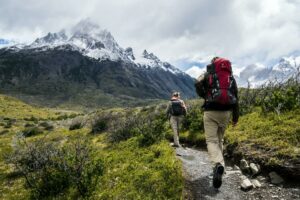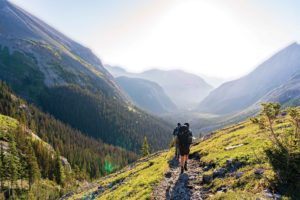You know what’s great about winter RV camping? No one’s around because it’s “too cold”!
You know why that’s great? Because it means more space for us! Many destinations that were bustling with tourists in the summer are now transformed into quiet, peaceful, silky white landscapes. No screaming kids, parties or general busy-ness!
Many people who start winter RV camping never stop, returning year after year.
So for those of you taking advantage of the wintertime, here’s our top tips for winter RV camping to ensure your trip is super enjoyable and safe!
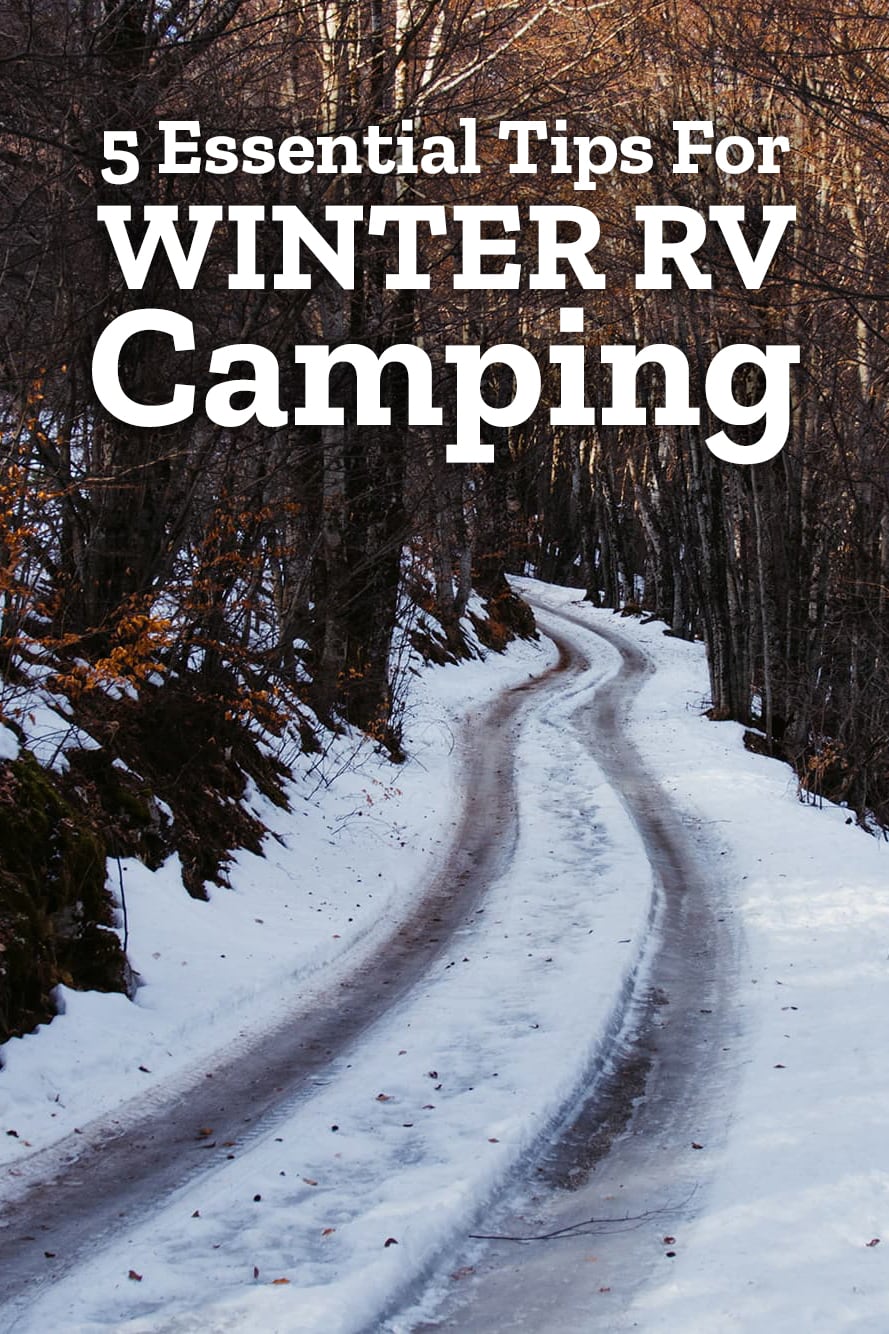
Winter RV Camping Tip 1: Select an RV That is Fitted Out to Handle the Rigour of Winter
Most RVs are, but some are better prepared for winter RV camping than others. If renting, make sure you ask the owner about its winter capabilities so you know what else you might need to bring.
The best questions to ask include:
- Is water and propane piping heated? Without heating insulation, pipes can freeze up and bust open. That’s an RVers nightmare!
- Does the RV come with skirting? Skirting is essential to prevent cold air cooling everything from underneath. In its absence you can always pack the gap between the ground with snow, but who wants do that every night?
- Is there good internal heating? If not, you’re really going to want a portable heater (like really really).
- Is the blackwater system prepared for winter? If it’s not ready to handle sub freezing temperatures, you’ll want to know… trust us.
Check out our RV range at RVezy to investigate your winter options.
Winter RV Camping Tip 2: Make Sure You Have Emergency Winter Equipment
We’ve compiled a list of the real winter RV camping essentials you should make sure you have:
- Set of tire chains
- Lots of extra warm rugs and blankets
- Hiking GPS as a last resort
- Lots of extra food
- Cash for unexpected fees or emergencies
- Layer after layer of warm clothing
- Sleeping bags rated to 0°F
- Drinking water available at all times (i.e keep it near a heat source)
- If propane isn’t heated to prevent freezing, take a methylated spirits cooker (like a Trangia)
- A generator (preferably gas powered)
- Hair dryer to defrost equipment (e.g various pipes)
- FIREWOOD!
Winter RV Camping Tip 3: Keep One Eye on the Weather
This really goes without saying. Wintertime brings some crazy cold temperatures and unexpected storms. With so many resources available to track the weather, there really is no excuses to get caught out!
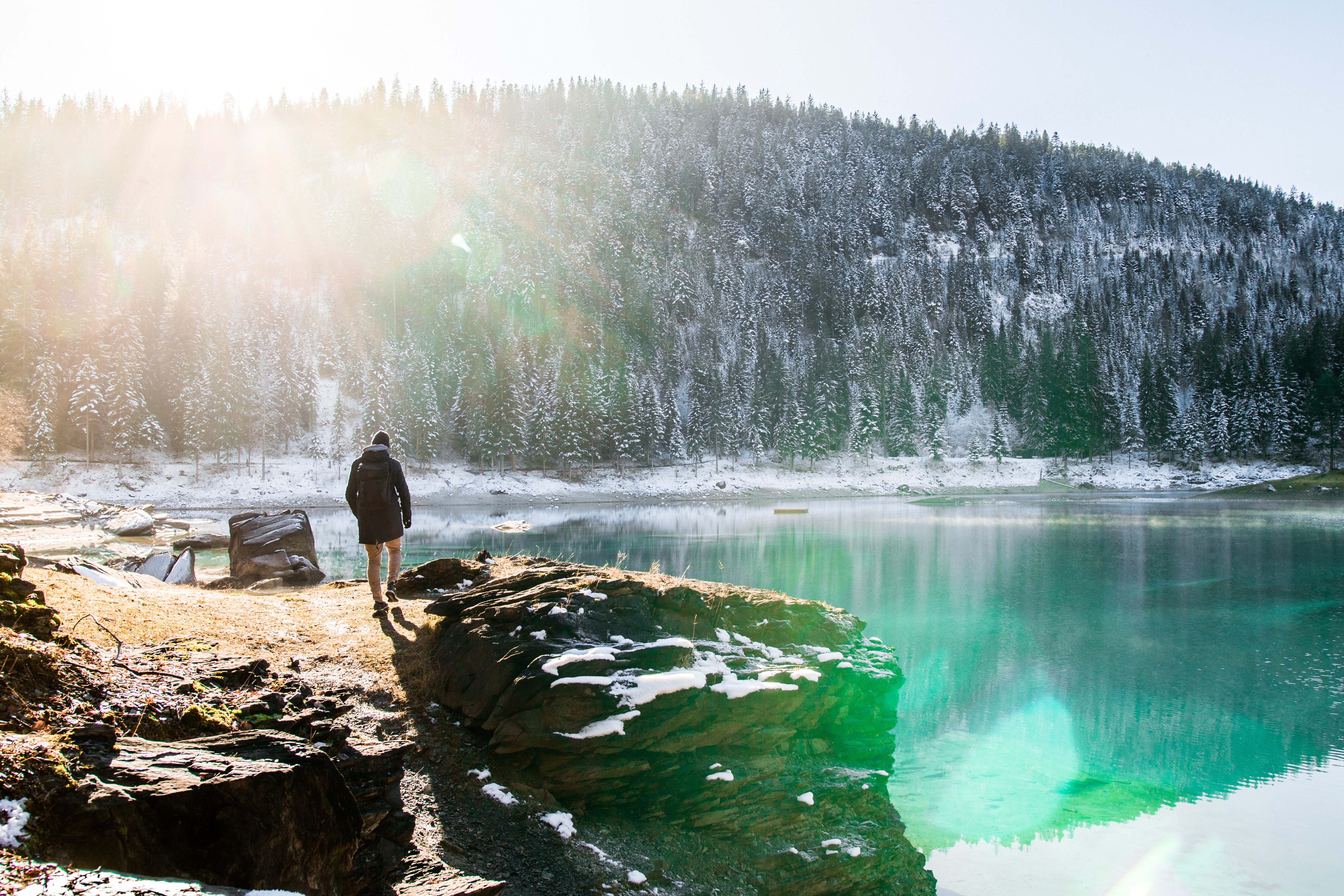
The Canadian Government has a good website which provides all weather predictions and alerts which can be used to get a feel for conditions. But you should never base your decision on internet forecasts.
What are the most reliable options?
- If you’re unsure then ring local weather authorities; or
- Old school radio! Canada has a government weather station called Weatheradio. This channel will alert you 24 hours a day to hazards in your area.
Winter RV Camping Tip 4: Make Sure Your Destination is Open
Many campsites close after October (in Canada anyway). The easy solution is to call ahead.
You should also contact the relevant government transport department to make sure all roads are open! Each province has it own Ministry of Transport to provide road conditions and access information.
Winter RV Camping Tip 5: Be Black Ice Savvy!
This is perhaps the most dangerous hazard for those going winter RV camping. In certain conditions a thin sheet of ice forms on the road surface and can cause absolute havoc! The best way to mitigate the risk is to be aware how it forms so you know when to look out for it.
How does black ice form?
It’s caused by sleet, refreezing snow or rain freezing as it hits the ground. Prime time is sunrise or sunset – the coldest times most cars will be driving.
If your RV has an external thermometer, and it shows around 32°F or below, then be on guard and don’t speed, tail gate the car in front, or brake violently.
What to do if you hit black ice and lose traction?
The best thing to do is don’t panic, take your foot off the accelerator, and let your vehicle exit the ice. Easier said than done! But it’s better than overcorrecting, panic braking, and completely losing control!
Be Safe and Have Fun!
These points may seem a bit dreary, but it’s really just about covering the worst case scenario, and having more control over your own fate.
With proper preparation and planning, your winter RV camping road trip can be as good or better than a summer one!
See you on the road!

